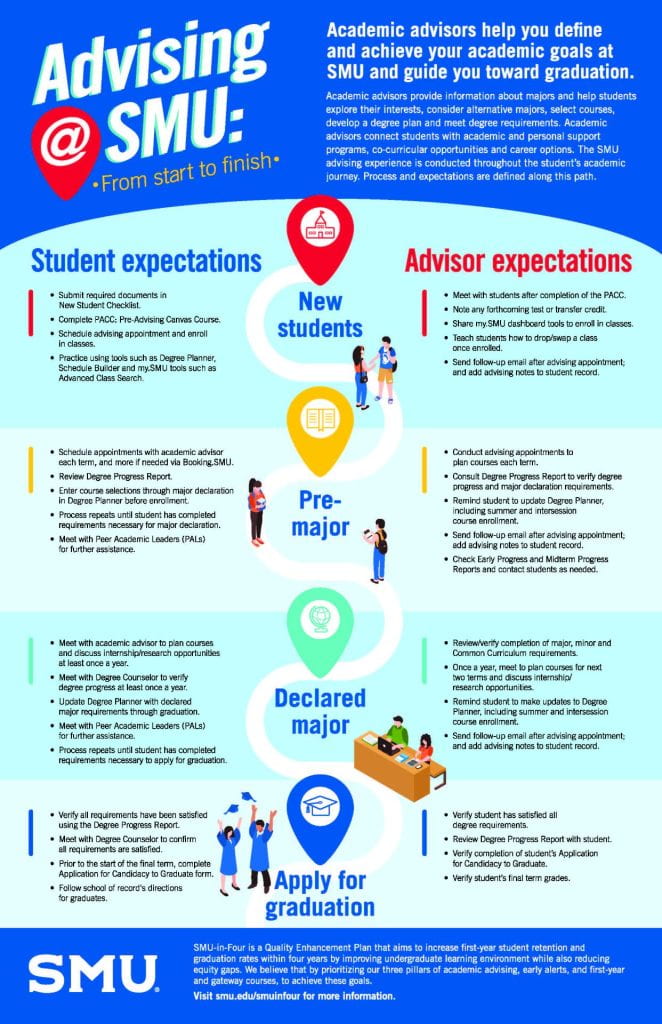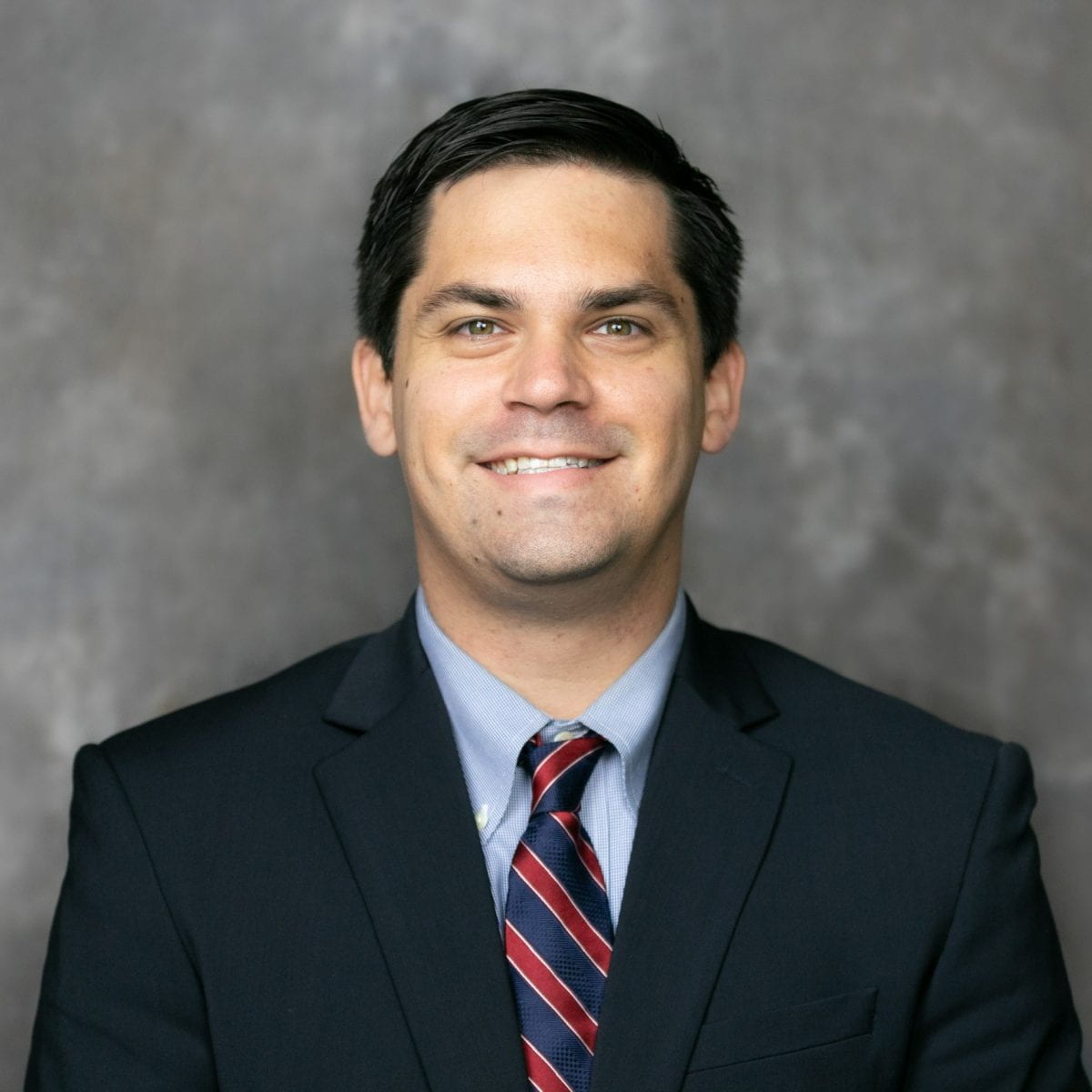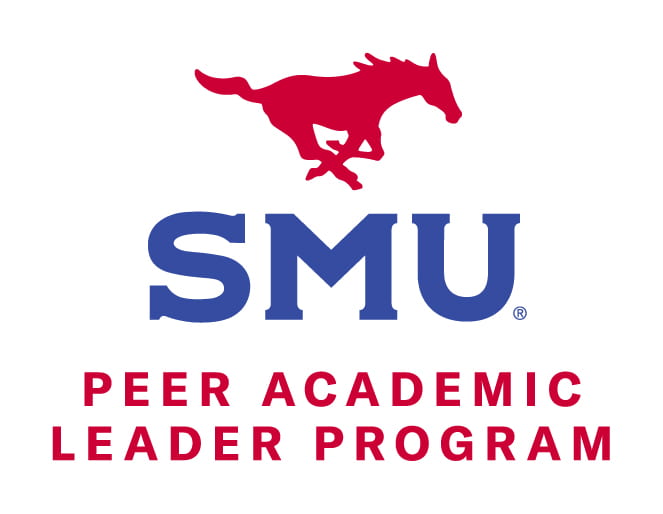Summer Forge, an academic support program at SMU, provides invited undergraduate students with financial, academic, and social support to accelerate their path to on-time graduation. This year’s cohort included 29 students, who completed courses during May Term and Summer Term to fulfill a major, minor or Common Curriculum requirement. This year’s cohort attempted over 167 credit hours during the summer, with 97% of the coursework being completed successfully.
Summer Forge participants completed check-ins throughout the summer with Jay Guillory, Student Success & Retention, and Brittaney Wilson, Office of General Education. Additionally, students received academic coaching in partnership with the Academic Skill Development team. Of the 29 students in the Summer 2024 cohort: 76% of students reported using the ALEC for tutoring, and 17% reported receiving support from the Writing Center.
Here is what some students had to say about their time in the Summer Forge:
“The Summer Forge Program allowed me to catch up on my courses without the financial worry. The program provided support to help students succeed in the accelerated course of their choice. “– Grace B.
“Summer Forge is beneficial, as it provides students with an Academic Advisor/Counselor, access to various resources, and free treats along the way as they catch up with students.” – Muskaan B.
“I was able to catch up on credits I lost over the past few semesters, which helped me deal with the stress of not graduating on time.” -Iyanna C.
Summer Forge is a collaboration between the Office of Student Success and Retention, Office of Academic Skill Development, SMU in Four, Office of Student Financial Services, and Student Academic Success Programs.
For more information, visit www.smu.edu/summerforge.


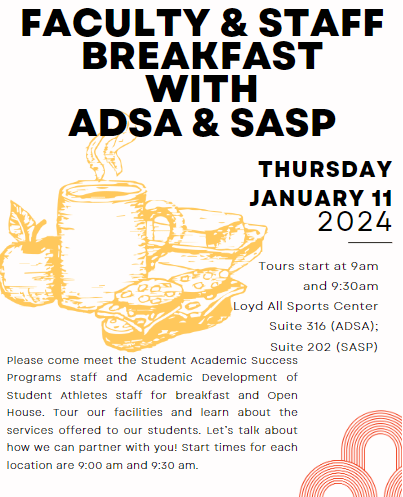
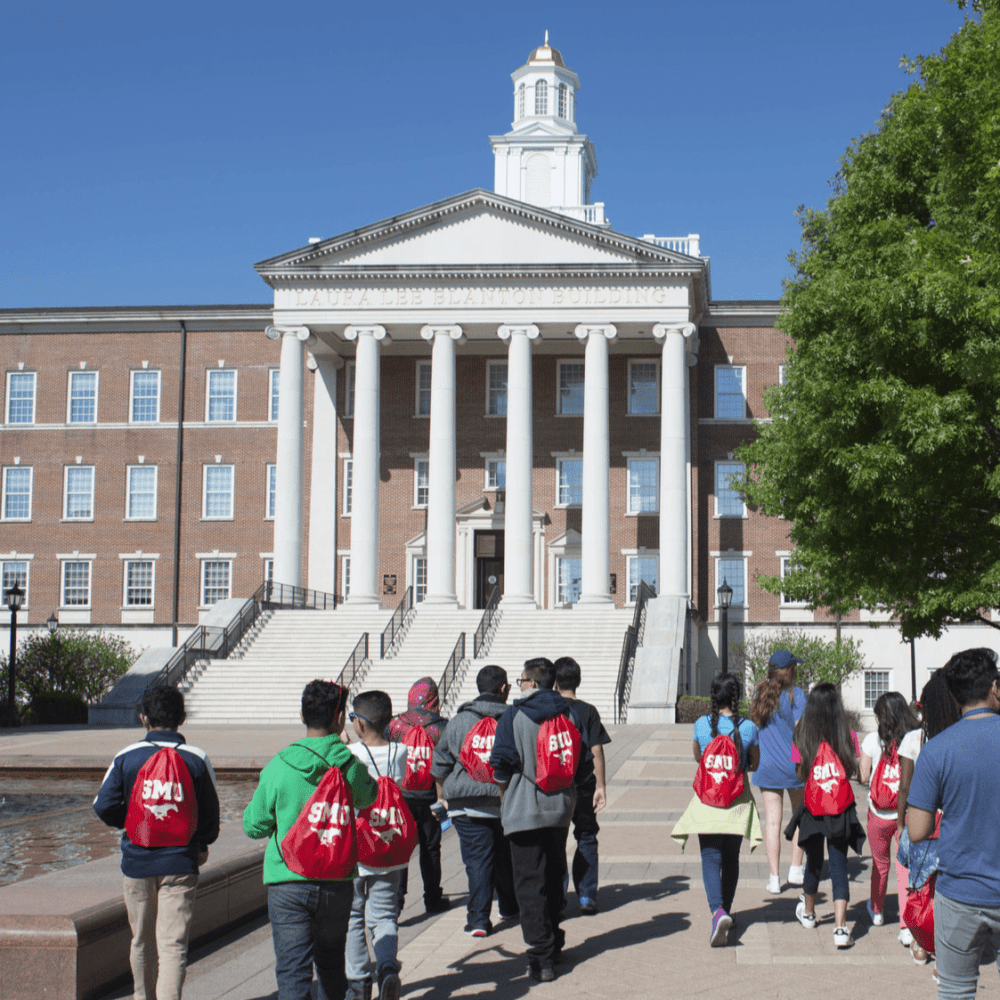
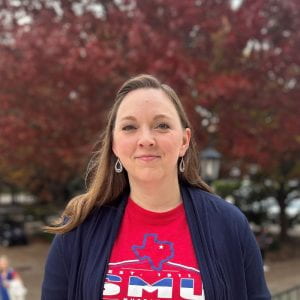 A native Texan, Ricki is a 2002 graduate of Midwestern State University in Wichita Falls, Texas, where she received her Bachelor of Science degree in both History and Psychology. She then earned her Texas Teacher Certification via LeTourneau University’s Post-Baccalaureate Educator Certification Program. She began her career as a teacher at Dallas Academy, where she specialized in creating and implementing personalized curriculum for students with learning differences. Most recently, Ricki taught 4th grade math and science in Garland ISD, and was awarded 2022-23 Teacher of the Year at Dorsey Elementary in Rowlett. She lives in Rowlett with her husband, Tony, her two teenage children, Bailey and Jake, and her black lab, Charlie. Ricki is a lifelong Texas Rangers fan and avid reader, and recently began volunteering as a camera operator for Explore.org. Her email is
A native Texan, Ricki is a 2002 graduate of Midwestern State University in Wichita Falls, Texas, where she received her Bachelor of Science degree in both History and Psychology. She then earned her Texas Teacher Certification via LeTourneau University’s Post-Baccalaureate Educator Certification Program. She began her career as a teacher at Dallas Academy, where she specialized in creating and implementing personalized curriculum for students with learning differences. Most recently, Ricki taught 4th grade math and science in Garland ISD, and was awarded 2022-23 Teacher of the Year at Dorsey Elementary in Rowlett. She lives in Rowlett with her husband, Tony, her two teenage children, Bailey and Jake, and her black lab, Charlie. Ricki is a lifelong Texas Rangers fan and avid reader, and recently began volunteering as a camera operator for Explore.org. Her email is 

